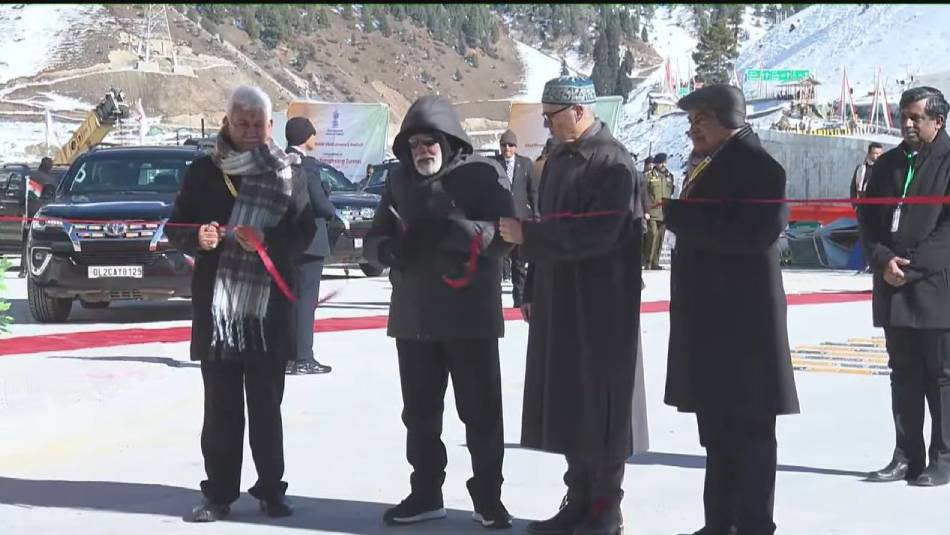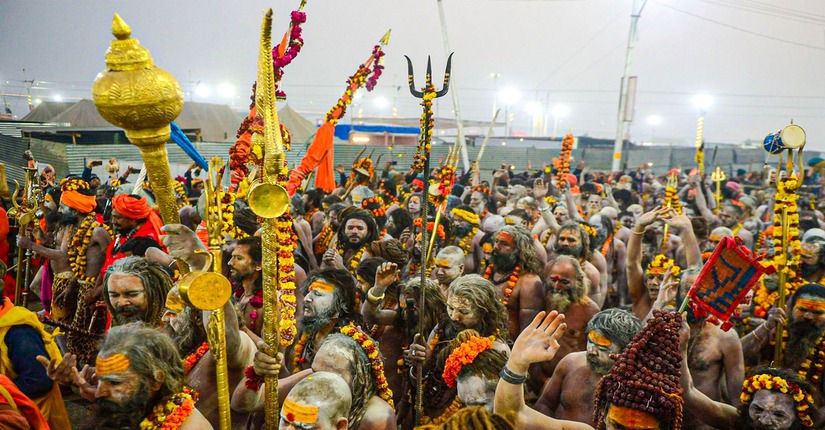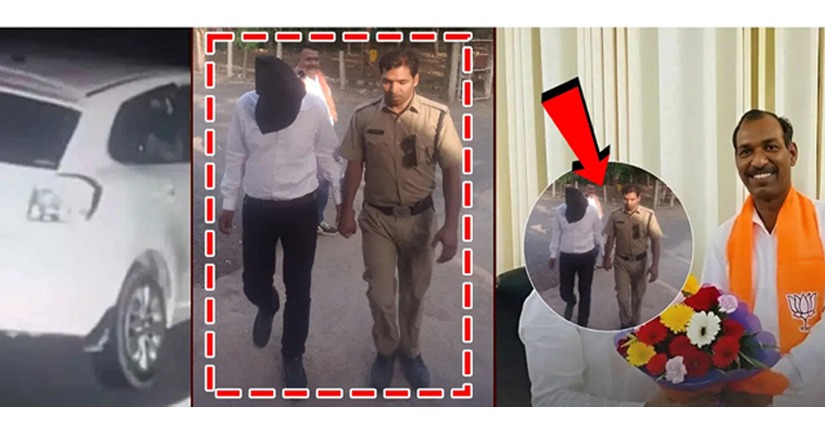During his recent visit to the United States as Leader of Opposition (LoP) in the Lok Sabha, Rahul Gandhi addressed major issues facing India’s economy and society. Speaking in Dallas to the Indian diaspora, he stressed the importance of reclaiming India’s role in manufacturing, tackling unemployment, and respecting skilled workers. This blog highlights the key points from Gandhi’s speech, including his views on production, India’s Manufacturing Potential, India’s education system, the political dynamics of the BJP, and the impact of his Bharat Jodo Yatra.
The Manufacturing Debate: A Call to Action
Rahul Gandhi pointed out that India has outsourced manufacturing to China. He believes this shift affects more than just the economy—it also impacts job creation, political stability, and social cohesion.
“The act of production creates jobs. What we do… is we organise consumption,” Gandhi explained. He emphasized the need to rethink India’s economic development. By focusing too much on consumption and neglecting production, India risks losing out on sustainable employment and the growth of domestic industries.
He also linked the neglect of production to political polarization, not only in India but also in the United States and Europe. He believes economic disparities fuel social and political divisions.
How can India regain its manufacturing potential in a world dominated by China? Gandhi suggests a shift toward organizing production, coupled with policies that prioritize job creation.
The Disconnect Between Education and Skills
Gandhi criticized India’s education system for neglecting practical skills. While India has plenty of skilled workers, he believes the country doesn’t respect them. This cultural issue prevents India from fully utilizing its talent pool.
“India does not have respect for people who possess skills,” he observed. The education system emphasizes theoretical knowledge, leaving students unprepared for the job market’s demands.
He also stressed the need for vocational training. By integrating such programs into mainstream education, India can better equip its youth for jobs in manufacturing and other sectors.
Gandhi also mentioned the “ideological capture” of education. Although he didn’t elaborate, this likely refers to how the politicization of education stifles critical thinking and innovation.
Post-Election Dynamics: Fear of the BJP?
Gandhi claimed that the fear of the BJP and Prime Minister Narendra Modi “vanished” after the June Lok Sabha election results. “I was amazed that it happened so quickly… Within minutes of the election result, nobody in India was scared of the BJP or the Prime Minister,” he said.
This comment suggests that the BJP’s power may not be as unshakeable as it appears. However, it raises questions about the opposition’s strategy. Overcoming the BJP’s influence will require more than electoral wins—it demands a clear vision that resonates with the people.
Bharat Jodo Yatra: A Journey of Transformation
Gandhi credited his Bharat Jodo Yatra with reshaping his approach to India’s Manufacturing Potential. The Yatra, designed to connect with people across India, allowed him to understand their concerns at a grassroots level.
He described the Yatra as introducing the idea of love into Indian politics. This approach contrasts with the polarized nature of current political discourse. By focusing on unity and empathy, the Bharat Jodo Yatra aims to heal the divides in Indian society.
The Yatra’s influence on Gandhi underscores the value of such initiatives in building trust and fostering a sense of shared purpose among citizens.
The Way Forward: Lessons from the US Visit
Rahul Gandhi’s three-day visit to the US gave him the chance to present his vision for India on a global stage. His focus on India’s Manufacturing Potential, unemployment, and education highlights some of India’s most pressing challenges.
However, his remarks sparked controversy, with the BJP criticizing his speech. This highlights the challenges faced by opposition leaders in presenting alternative visions while countering the ruling party’s narrative.
Conclusion
Rahul Gandhi’s speech in Dallas raised important issues that require immediate attention. From revitalizing India’s manufacturing sector to addressing the flaws in education and tackling political polarization, his remarks called for action from both policymakers and citizens.
While the road ahead is challenging, Gandhi’s focus on love, unity, and respect for skills offers a refreshing perspective in today’s divisive political landscape. These ideas could serve as a foundation for a more inclusive and prosperous India.
Will India take the necessary steps to reclaim its manufacturing potential and beyond? Only time will tell, but the conversation has started.




